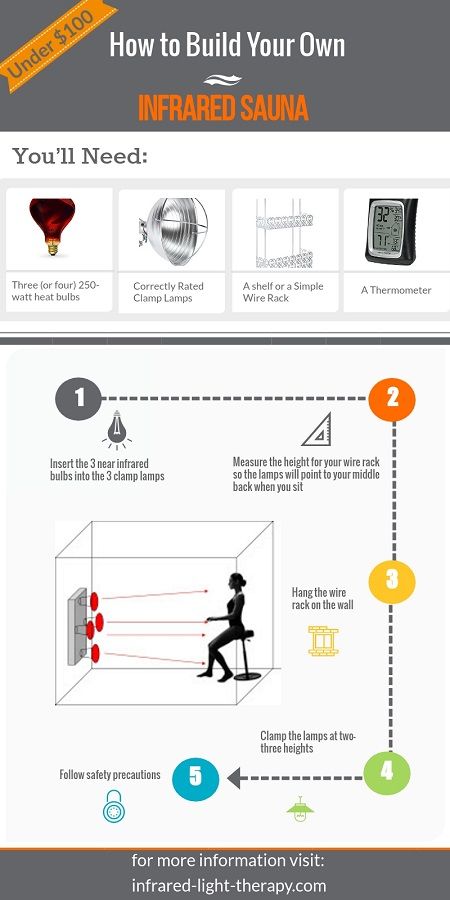Discomfort Alleviation Experts: A Handbook For Seeking Relief
Discomfort Alleviation Experts: A Handbook For Seeking Relief
Blog Article
Staff Writer-Fisker Pollard
Navigating the world of discomfort relief professionals can be a complicated job for those looking for enduring relief from relentless discomfort. With a wide variety of professionals specializing in different approaches to pain monitoring, recognizing the nuances of each discipline and focusing on one of the most appropriate specialist can considerably impact the performance of therapy. By untangling the details of professional discomfort relief professionals and lighting key factors to consider in selecting the ideal specialist, individuals can pave the way towards a course of easing their discomfort and restoring control over their well-being.
Types of Pain Relief Specialists
There are several classifications of health care specialists who focus on supplying discomfort relief services. One common kind of pain alleviation professional is an anesthesiologist. These physicians are specialists in carrying out anesthesia for surgeries, but they also play an important role in managing discomfort via strategies such as nerve blocks and epidurals.
An additional type of expert is a physiatrist, additionally called a physical medicine and rehabilitation doctor. Physiatrists focus on improving feature and lifestyle for people with chronic discomfort conditions through a variety of therapies, including physical treatment and medication administration.
In addition, pain administration registered nurses are necessary participants of the healthcare team, giving hands-on treatment and assistance to clients experiencing discomfort. They function carefully with other specialists to make certain that clients receive extensive and individualized pain alleviation strategies.
Inquiries to Ask Specialists
When seeking assistance from discomfort alleviation specialists, it is necessary to be prepared with relevant inquiries to guarantee a complete understanding of your problem and the proposed therapy options.
Here are https://israelxnetj.blogoscience.com/36465531/seeking-the-ideal-health-and-health-center-discover-the-vital-factors-that-can-lead-you-to-a-life-changing-trip-toward-enhanced-wellness to ask professionals during your visit:
1. What is the particular cause of my discomfort?
2. What are the offered therapy options for my condition?
3. What are the potential benefits and risks of each treatment alternative?
4. The length of time will it take to see renovation in my pain degrees?
5. Exist any kind of way of life adjustments or natural remedy that could enhance the therapy?
6. What is the expected outcome of the suggested therapy strategy?
7. Exactly how will my progress be kept an eye on, and what actions will be taken if the present treatment strategy is ineffective?
8. Are there alternative treatments or interventions that could be beneficial for my problem?
9. What are https://www.adb.org/news/promoting-wellness-key-developing-asias-post-covid-19-recovery-adb of the prescribed drugs or procedures?
10. Just how can I ideal handle and protect against pain flare-ups in the future?
Tips for Selecting the Right Expert
Picking one of the most ideal pain alleviation professional for your requirements requires mindful factor to consider of their expertise, certifications, and strategy to therapy. When selecting a specialist, it is essential to research their history, including their education and learning, training, and any type of qualifications they keep in discomfort monitoring. Seek experts that have experience in treating your specific problem or sort of discomfort, as this can considerably impact the effectiveness of the treatment.
Furthermore, take into consideration the expert's approach to pain alleviation. Some professionals might focus on medicine monitoring, while others may supply alternative therapies such as physical therapy, acupuncture, or interventional treatments. It is important to locate a professional whose therapy method straightens with your preferences and ideas relating to discomfort monitoring.
Furthermore, consider the professional's communication style and how comfy you really feel reviewing your discomfort and treatment choices with them. A good professional should pay attention attentively to your concerns, clarify treatment strategies clearly, and include you in decision-making regarding your treatment.
Conclusion
To conclude, expert discomfort relief professionals use a variety of treatments tailored to every person's special demands, helping to improve quality of life for those suffering from chronic discomfort.
By asking the appropriate inquiries, recognizing offered treatment choices, and picking the appropriate professional based upon experience and approach, individuals can work in the direction of discovering efficient discomfort relief approaches.
It is important to look for experienced and knowledgeable specialists to address and manage persistent pain successfully.
